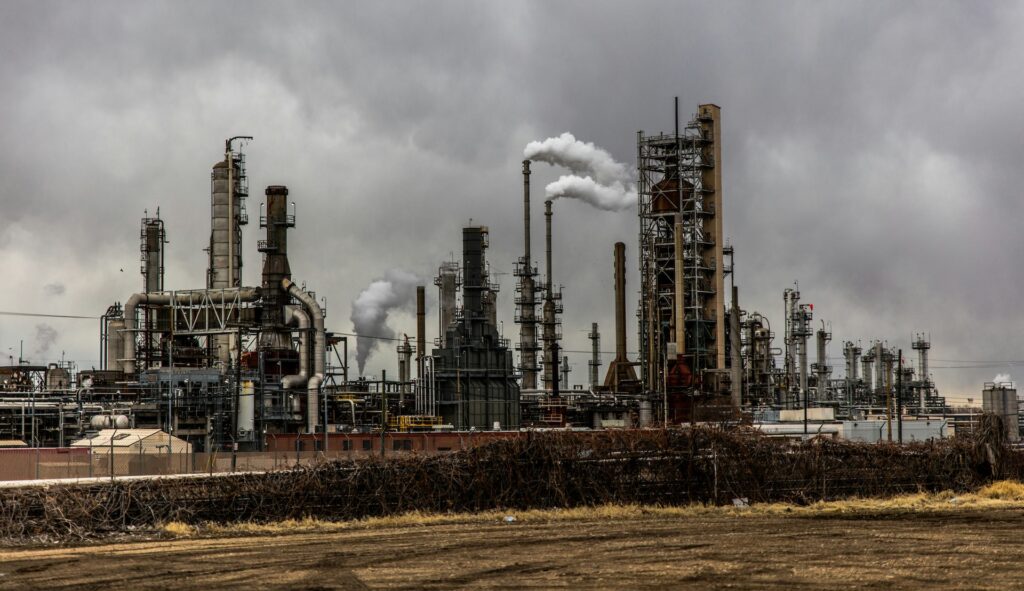Championing Climate Legislation in Maryland’s 2024 Session
By DaJuan Gay, Maryland Organizer

The Rebuild Maryland Coalition (RMC) is preparing to introduce the Climate Crisis and Environmental Justice Act (CCEJ) during the 2024 Legislative Session. As always, we anticipate a fast-paced environment filled with surprises. We feel confident in the hard work the RMC has done in advance of the session. We’re also prepared to combat misinformation from climate deniers who introduce controversy into climate policy. There’s nothing controversial about protecting our climate while improving the health and livelihoods of all Marylanders.
One of the challenges of passing climate legislation lies in the number of stakeholders with interests that are at odds with the health and safety of communities. For example, industries that rely on the production of fossil fuels are incentivized to resist pollution-cutting measures that could diminish revenues. Some stakeholders also worry that regulations proposed to address climate change could have adverse effects on the economy, resulting in job losses and slowing growth. On the other hand, environmental advocates often share common goals, but may not fully agree on the solution. Striking a balance to satisfy the needs of all stakeholders is an involved, but important process.
Climate change solutions can provide immediate support to communities in Maryland, but sometimes it can take longer to realize the full extent of their impact. In the legislative chamber, it’s important to strike a delicate balance between passing long-term policies that meet the urgency of the climate crisis while ensuring that communities, and policymakers, see benefits in the short term.
In Maryland, we’re fortunate to have two legislative bodies that overwhelmingly support creating a path forward that both protects our environment and strengthens the economy. Nonetheless, there is often disagreement on which path to choose. For example, the vast majority of Marylanders agree that corporate polluters should be held accountable and help pay for solutions that protect the communities they’ve harmed. Still, we lack consensus on how exactly that should be done.
Communities most impacted by environmental disasters and fossil fuel pollution, as well as environmental advocates, play a crucial role in shaping the legislative agenda and structure of mechanisms used to create revenue. The challenge lies in building widespread awareness and support for climate action in our most marginalized communities. While the urgency of the issue is increasingly recognized, translating public concern into political will can be challenging, especially when other immediate concerns take precedence in the public discourse.
Given the obstacles and competing interests, passing climate legislation is undeniably challenging. To overcome these challenges, we need a collaborative, well-informed, and forward-thinking approach. As the impacts of climate change become increasingly evident, the urgency to navigate these difficulties and implement effective policies becomes more critical than ever.
We believe the Maryland General Assembly should consider the Climate Crisis and Environmental Justice Act (CCEJ) to address the social and physical infrastructure needs of communities affected by climate disasters and our continued dependence on fossil fuels. The revenue produced by the fossil fuel fees will generate billions of dollars that can be allocated to municipalities to assist with resilience efforts, empower disadvantaged communities with the tools necessary to protect and rebuild their communities, and support the emission reduction goals established by the Climate Solutions Now Act.